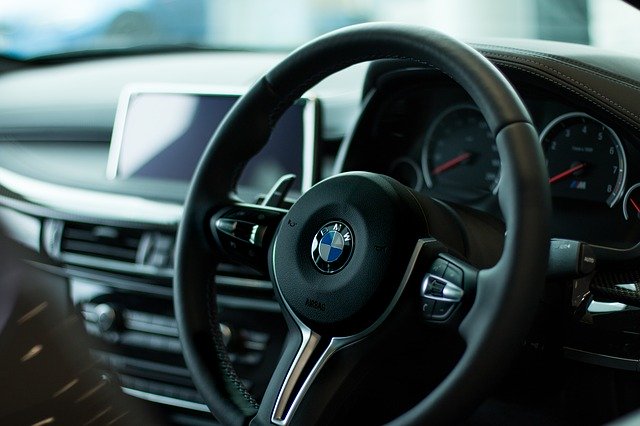Self-Driving and the Future of Law
Self-driving cars may be the future thanks to the innovative Tesla, but are they the future for personal injury law?
This is the question that drives the thinking in regards to personal injury. Self-driving cars are safer. They have quick-time reactions due to their high-level technology. They aren’t distracted like drivers, and they can’t become intoxicated. With self-driving cars, accidents may be a thing of the past. While there have been two reported accidents from self-driving cars in March 2018, it doesn’t compare to the hundreds upon thousands upon hundreds of thousands of deaths that occur from human drivers.
Self-driving cars are under high scrutiny, but we shouldn’t ignore the impact it will have on the world once the world accepts its innovative technology. With that being said, how will personal injury law firms adjust?
How Could It Be Dangerous
The first question we should be asking is how safe self-driving cars are?
In a nutshell, we already have self-driving functions. There is cruise control in vehicles and even airplanes have auto-pilot. These are designed to be safe already. But permanent self-automated functions could potentially be dangerous. With airplanes, they fly mostly on auto-pilot and they have the technology to see if they are about to run into any other airplanes. With cars, we rely on our eyesight and rearview mirrors rather than our technology. We have more liabilities on the road when it comes to vehicles. This alone is why self-driving vehicles can be so dangerous. Without eyesight, how can cars know not to cause an accident? If reliant on technology and that technology fails us, where do we go next? We are on the brink of a technological revolution, so it’s best we stay vigilant in terms of safety and security.
Thankfully all these are simply fears rather than facts. Who knows if any of the above will happen?
Legally Speaking
Potential dangers aside, where does this stand in the legal field?
In terms of a case, an accident caused by a car can be justly litigated, whether it was the self-driving mechanics or the human error of the driver. But with the emergence of self-driving cars, there may be fewer accidents on the road. With fewer wrecks, there will be fewer cases. Fewer cases can mean the downfall of the business. And eventually the industry.
But will it fall or will we adapt?
With self-driving cars, it seems as if negligence will shift from the driver to the vehicle. The transition can lead to new approaches to cases, as well as approaches to serving justice. Only time will tell, but it’s safe to say fellow personal injury lawyers should better prepare for this impending future rather than focusing on the now.
Houston personal injury lawyer Hank Stout co-founded Sutliff & Stout, Injury & Accident Law Firm, to protect and pursue the rights of people who were harmed by the carelessness of others. Mr. Stout is Board Certified in Personal Injury Trial Law and has been actively trying cases for over fifteen years. In recognition of his accomplishments and results, he has been selected by Thompson Reuters as a Super Lawyer since 2014 (a distinction given to less than 1% of the lawyers in the state of Texas) and has been selected as Lead Counsel.

